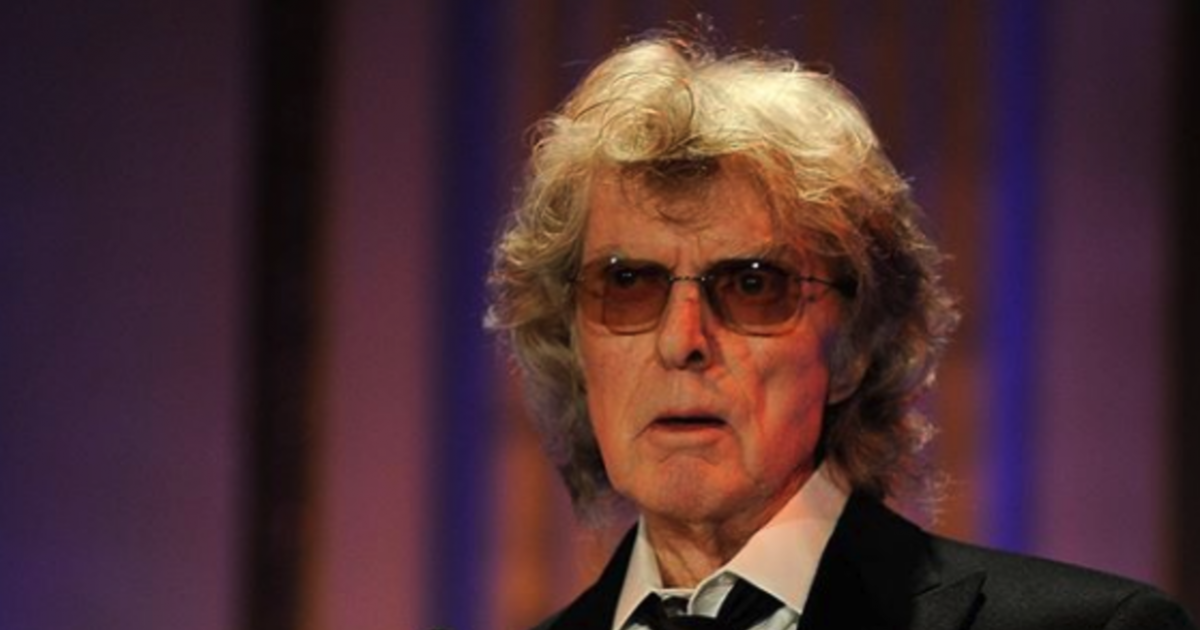Controversial talk-radio host, Don Imus, 79, diagnosed with prostate cancer 10 years ago, died of the disease on Friday after entering the hospital on Christmas Eve. The pioneering and often racist shock-jock, whose show, “Imus in the Morning,” had remained popular since its debut in 1971, sparked both love and outrage. Like his on-air personality, Imus’ approach to treating his cancer also sparked controversy.
Don Imus’ Cancer Journey
In March of 2009, Imus announced that he had been diagnosed with stage two prostate cancer on his radio show. At the time, his cancer “had not spread,” he said, and his doctors had told him it could be treated and, likely, cured.
Read MoreBREAKING: Controversial American radio host Don Imus has died, according to a statement from his family. He was 79 years old. https://t.co/z8gF3uASZ3 pic.twitter.com/Y1EBev4wji
ABC News (@ABC) December 27, 2019
Initially, his doctors offered traditional treatments including radiation, chemotherapy, and surgery; but Imus rejected them and chose a holistic path only, which he summed up as including “active surveillance” and an organic diet, which he spoke about at length on Fox Business in 2011. His treatment plan was guided by Dr. Aaron Katz, author of “Dr. Katz's Guide to Prostate Health: From Conventional to Holistic Therapies.”
"When you're diagnosed, I can tell you, your knees buckle," he said in the Fox interview with Dr. Katz, who is chairman of Urology at NYU Winthrop Hospital. While Imus was often vocal about his decision to pursue alternative therapies under Dr. Katz’s supervision.
RELATED: The Difference Between Integrative Medicine and "Alternative Medicine"
In the interview, Dr. Katz, who is an oncologist, described most prostate cancers as slow-growing, but said that fear drives patients to choose aggressive treatment while their doctors downplay the risk of potential side-effects like sexual impotence and incontinence.
However, it is not known whether Imus later altered his treatment approach.
People Are More Likely to Die If Only Using Alternative Therapies
People who use alternative therapies instead of traditional methods to treat cancer are significantly more likely to die. And unfortunately, almost 40% of Americans still believe that these unproven treatment methods can cure cancer. A survey from the American Society of Clinical Oncology (ASCO) found that 39% of those surveyed believe alternative therapy alone like vitamins, minerals, or diet can cure cancer.
Vitamin C pills, herbal supplements, homeopathic drugs and energy healing crystals all sound like exciting alternatives to chemotherapy or radiation regimens. But they're just that alternatives that haven't been proven to cure cancer.
Last year, SurvivorNet reported on a Yale study that suggested people who choose alternative instead of traditional treatments prescribed by doctors had a two-fold greater risk of death.
"We now have evidence to suggest that using alternative medicine in place of proven cancer therapies results in worse survival," said lead author Dr. Skyler Johnson. "It is our hope that this information can be used by patients and physicians when discussing the impact of cancer treatment decisions on survival."
“We know that many, many patients out there are using complementary and alternative medicine but they're not talking with their providers about it," added the study's senior author, Dr. James B. Yu.
RELATED VIDEO: Alternative Therapies: Don't Believe Everything You Read on the Internet
Charitable Work for Children with Cancer
Imus, who offended many over the years with racial slurs and more, ran the 3,400-acre Imus Cattle Ranch for Kids with Cancer in Ribera, N.M., southeast of Santa Fe, New Mexico, to give kids with cancer an authentic cowboy experience. The ranch program ended in 2014 amid controversy over tax benefits (in 2016, the last year for which tax data is available, the ranch reported grant payouts of $250,000 to SKIP of New York for the assistance of chronically ill and disabled children and $100,000 to the Eileen Fund, also of New York, for medical research).
Learn more about SurvivorNet's rigorous medical review process.


